Classical Civilisation
Time travel made easy: Classical Civilisation at RIC
At RIC, diving into Classical Civilisation is like embarking on a grand odyssey through the ancient worlds of Greece and Rome. It's perfect for anyone with a curiosity about the past, and the best part? You don't need to know any ancient languages. All the epic tales and historical accounts are in translation, so even if you haven't touched on the Greeks and Romans since primary school, you're all set. All you need is a keen interest in the ancient world and its vibrant cultures.
Classical Civilisation at RIC is a treasure trove of fascinating topics. We cover everything from literature and art to artefacts and archaeological sites, all within their rich historical context. On the literary side, we delve into two blockbuster hits of the ancient world: Homer’s Odyssey and Virgil’s Aeneid. These epic poems are more than just stories—they’re windows into the values, adventures, and heroic quests of ancient societies.
Historically, we zoom in on the dramatic era of ancient Rome from 81-31 BC, a period filled with tumultuous events like the Catiline Conspiracy and the power struggles of the First Triumvirate. This era is like a real-life soap opera, filled with civil wars and political intrigue that led to the fall of the Roman Republic and the rise of Augustus, the first Roman Emperor. It’s a tale of power, ambition, and the ever-changing dynamics of governance.
Studying Classical Civilisation at RIC isn’t just about acing your exams; it’s about gaining a diverse skill set that universities across Europe recognize and value. Many top institutions offer degrees in Classical Studies, and they love the analytical, critical thinking, and contextual understanding skills you'll pick up along the way. You’ll become well-versed in understanding primary sources, interpreting archaeological findings, and appreciating classical art and architecture.
So, if you’ve got a passion for the ancient world and its captivating cultures, join us at RIC. It's a journey through time that promises to enrich your understanding of both the past and the present, all while having a bit of fun along the way. Prepare to immerse yourself in the grandeur of classical antiquity and uncover the timeless lessons it has to offer. Plus we do a great departmental trip to Rome each year!
If the assassination of Julius Caesar became a model for the effective removal of a tyrant, it was also a powerful reminder that getting rid of a tyrant did not necessarily dispose of tyranny.
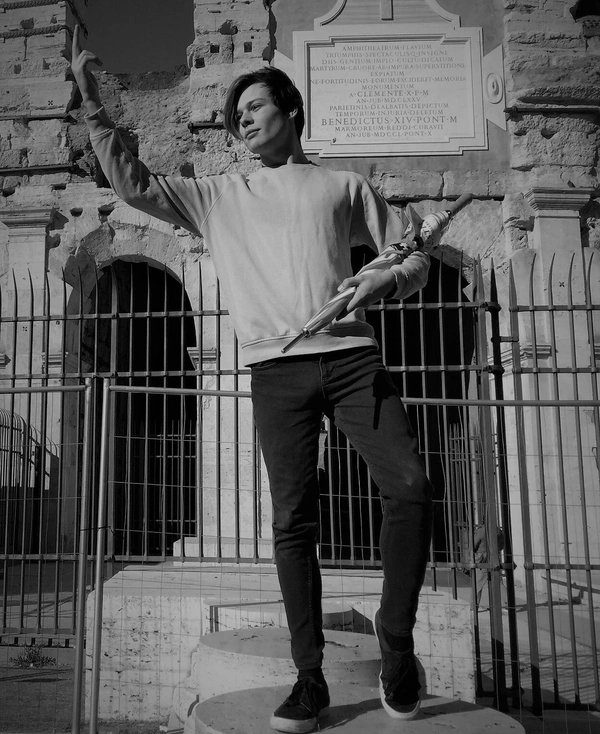
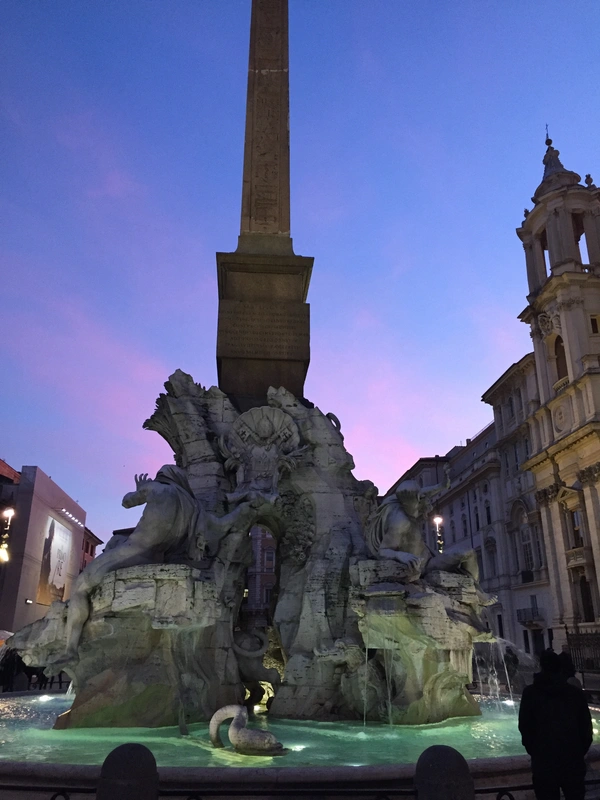
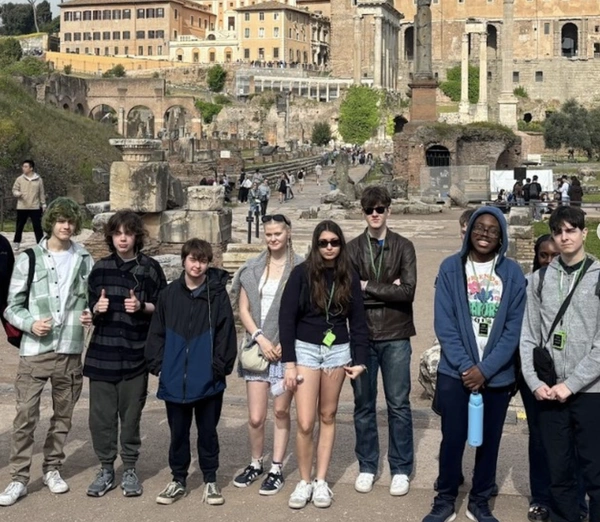
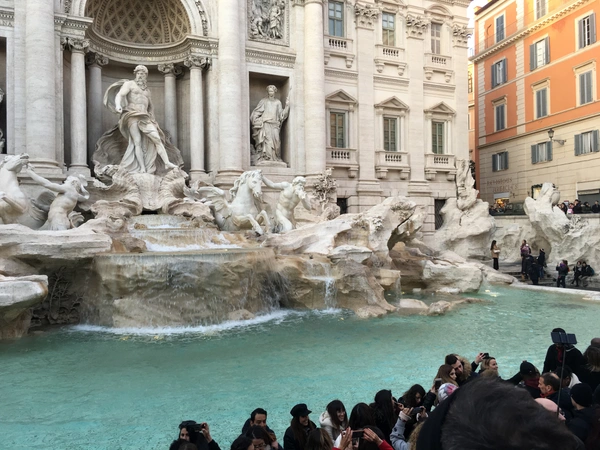
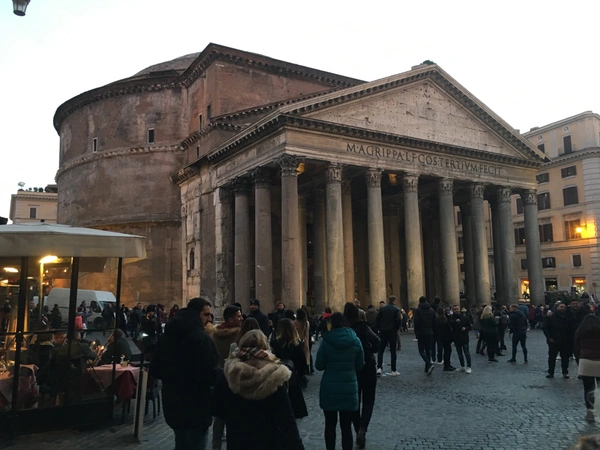
1 / 5
Exam Specification
Assessment method:
All written papers
Length of exams: 1 x 2hr 20min paper (40%) and 2 x 1hr 45min papers (30% each)
This course will allow the student to study various elements of classical culture, history, and art. The student will study four units in total.
Component Group 1 - The World of the Hero
H408/11 Homer’s Odyssey.
H408/11 Virgil’s Aeneid.
Component Group 2 – Culture and the Arts
H408/22 Imperial Image.
Component Group 3 – Beliefs and Ideas
H408/33 Politics of the Late Republic.
Assessment method
100% external exam
Exam length
There are two papers that are both 90 minutes in length
Breakdown of units
This GCSE is broken down into two components:
Myth and Religion
You will learn the stories and legends from Ancient Greece and Rome, from the creation of the universe to the Trojan War. These myths and legends, like Hercules or Pandora’s Box, still form part of our culture today, but to the Ancients they were not just fairy tales – these formed their beliefs about the world, the heavens, and the afterlife. By studying this unit, you will gain a deeper understanding of not only ancient legends and religions, but also of how humans give meaning to their lives on Earth.
War and Warfare
War is one of the most significant aspects of human behaviour throughout history, and war and warfare in the classical world holds an endless and compelling fascination. This component highlights different aspects of warfare in the ancient world, including the purposes, conduct, and effects of war, as well as how the military interacted with, and impacted upon, wider society. We will look at not only written accounts from the Ancient world, but also physical evidence, such as swords, weapons, armour, statues, and the remains of fortresses.
Exam
There is no coursework in Classical Civilisations: instead, there are two exams, each 1 hour and 30 minutes long, worth 90 marks each. You will be tested on your knowledge and understanding of the literary and physical evidence, as well as your ability to construct a reasonable argument using appropriate language.
A level Curiosity
Read
Why study Classical Civilisation at school? Classics For All is an organisation dedicated to promoting and supporting the study of Classics in schools across Britain. Their mission statement explains how incredibly useful and important studying Classics can be for students: https://classicsforall.org.uk/
https://www.waterstones.com/book/mythos/stephen-fry/9781405934138 - “Mythos”, by Stephen Fry, is an entertaining and whimsical introduction not only to the mythology of the Ancient Greeks, but also to how much our culture, society, and language owes to this classical civilisation.
https://www.totalwar.com/games/rome-ii/ - Total War: Rome II, a video game (PC, Android, iOS) which is based heavily in real Roman history.
https://www.unrv.com/ - History of Ancient Rome, everything from clothing and daily life, to architecture and military developments.
https://www.bbc.co.uk/programmes/b09szdtr - Troy: Fall of a City, drama series on BBC set during the Trojan War.
Listen
https://www.bbc.co.uk/programmes/p003k9c1 - BBC Radio 4 In Our Time, discussing Virgil’s Aeneid.
https://www.bbc.co.uk/programmes/p004y297 - BBC Radio 4 In Our Time, discussing Homer’s Odyssey.
https://www.bbc.co.uk/programmes/b09nrsfg - BBC Radio 4 In Our Time: Cicero (Roman Politician and Lawyer).
https://www.bbc.co.uk/programmes/b00ktfmw - BBC Radio 4 In Our Time: Augustan Age of Rome.
Watch
https://youtu.be/ieXlOBHHad4 - A short video from Ian Hislop, British journalist, satirist, and TV personality, on why he chose to study Classics.
https://youtu.be/46ZXl-V4qwY - Ancient Rome in 20 minutes, narrated by Brian Cox.
https://youtu.be/MS4jk5kavy4 - Crash Course Video, a quick overview of Homer’s Odyssey.
https://www.youtube.com/watch?v=p4mbk59rbjE - Ted Ed short video on why you should read Virgil’s Aeneid.